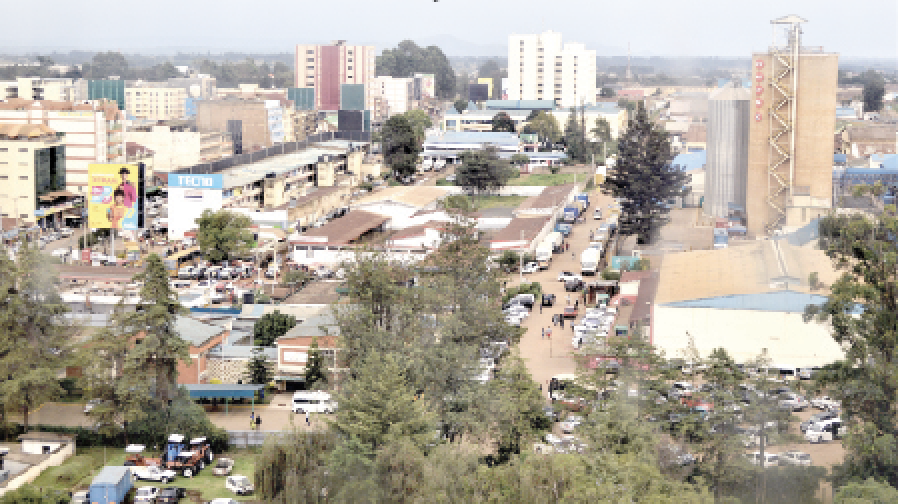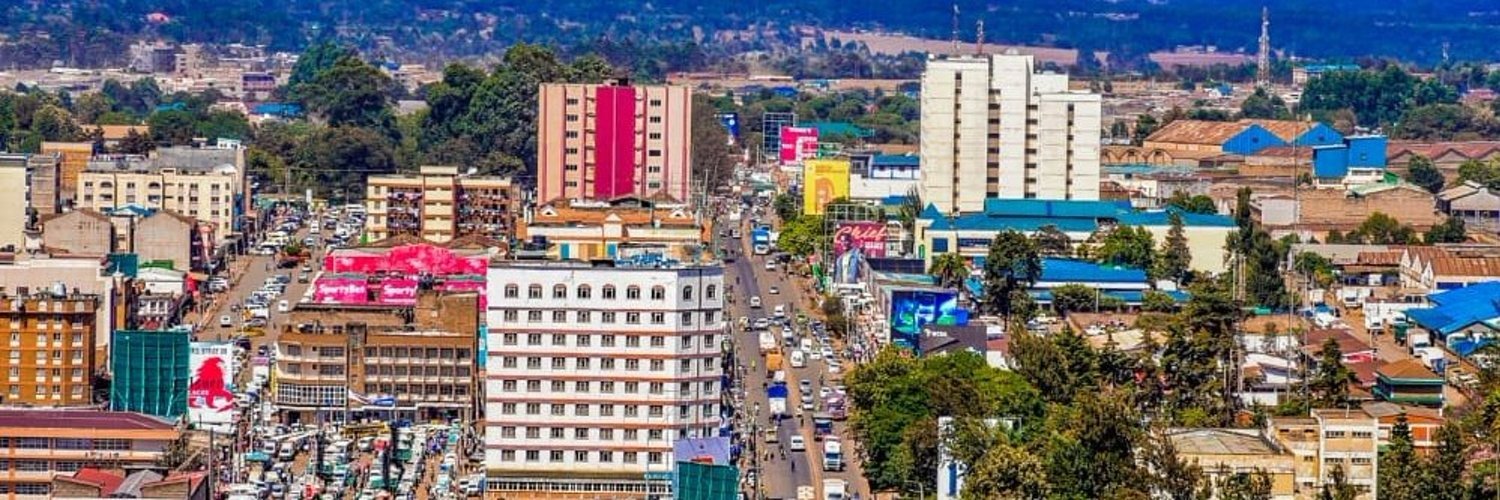Hurdles in Eldoret’s push for city status

Eldoret is rushing to fulfil a raft of conditions after the town was shortlisted for upgrading to city status under the country’s Urban Areas and Cities Act two years ago.
The Uasin Gishu county government is determined to ensure the region’s capital outpaces rivals Nakuru and Nyeri towns, to the finish line for city status.
The county, whose headquarters is in Eldoret, has set itself ambitious targets to justify its elevation after it was also ranked as one of the fastest growing towns in the country.
Governor Jackson Mandago says meeting the conditions will be a smooth ride for his administration after local leaders and residents embraced the move.
“My government is almost through in its quest to meet a raft of conditions after it was classified as a city as specified under the Urban Areas and Cities (Amendment) Bill 2017,” he said.
The governor said the devolved unit has undertaken key programmes, among them the installation of streetlights in estates and informal settlement areas. Estates that have been upgraded with streetlights are Munyaka, Huruma, Mwanzo, Shauri Yako Langas and Kisumu Ndogo.
The county government has also set up a nine-member town municipality board to handle the issue of planning and growth of the town and its environs.
This was after the governor signed a municipality charter that paved the way for establishment of a board to run the town to ensure compliance with the conditions set out in the law.
Mandago said plans are underway to build a Sh60 billion elevated highway across the town that will ease traffic congestion of the town. The 30km stretch will extend from Eldoret International Airport, pass over town and link with Eldoret-Iten road.
“This new road would not only open up the region for faster growth, but also transform the town and make it a major economic hub. Currently, the town with a population of more than 250,000 people is experiencing major traffic snarl ups due to narrow roads,” he said.
On completion, the elevated highway and bypass will ensure heavy commercial vehicles ferrying cargo to neighbouring countries will not go through Eldoret as they do now.
“My administration has also put up pedestrian walkways alongside all major roads in the town to reduce accidents involving motorists and pedestrians,” said Mandago.
The county is also making good progress in decongesting the town’s central business district, with a Sh150 million wholesale market under construction.
A similar project funded by the European Union (EU) at Sh170 million, a lifeline for traders across North Rift region, has been completed at Kimumu Estate along Eldoret-Iten highway.
According to the County Executive Committee for Trade and Industrialisation Emily Kogos, the devolved unit is among 15 counties that benefited from Sh1.5 billion for the establishment of the market. The market’s priority is to enhance hygiene and food handling process in all markets.
The CEC for Lands Nelson Maritim says the county has partnered with the National Housing Corporation (NHC) to set up 5,000 new housing units under the Big Four Agenda. Old estates run by the defunct Eldoret Municipal Council will also be rehabilitated.
“We are also constructing roads to the estate within the town and surrounding areas with the help of the Kenya Urban Support Programme,” said Maritim.
Meanwhile, the devolved unit is working on an integrated development plan for the town as per the 2011 urban areas cities Act. To address solid waste management, the county has entered into an agreement with a Swedish company to assist in garbage collection.
The multi-million shilling project will see Norrkoping Water and Waste set up projects at the Kipkaren dumpsite and Kipkenyo sewer in the outskirt of Eldoret town.
The project will not only solve the solid waste challenge, but also generate power to be injected to the national grid. “We shall discuss with the Ministry of Energy how to offer a power subsidy as an incentive to firms planning to set up within the county,” he added.
Functional drainage system
Maritim admits that a lot needs to be fixed before the town can fully attain the coveted city status crown.
“One of the biggest impediments is a poor drainage system, which we are working on in collaboration with other development partners,” he said.
University of Eldoret scholar Philip Chebunet complains that many streets are usually flooded during rainy seasons, forcing residents to wade through stagnant pools of water to access their homes.
“If the town has to attain city status, the county will have to ensure the CBD has a working drainage system and enough streetlights installed,’ said Chebunet.
He said the town is also grappling with congestion caused mainly by hawkers who flood the town centre, especially in the evenings.
Traffic snarl ups, he said was still a major problem and asked the county and national government to move with speed to address the menace.
“But all in all, the county has tried to address infrastructure deficits— roads, street lighting, town markets and fire preparedness, including a fire station,” said the scholar.














